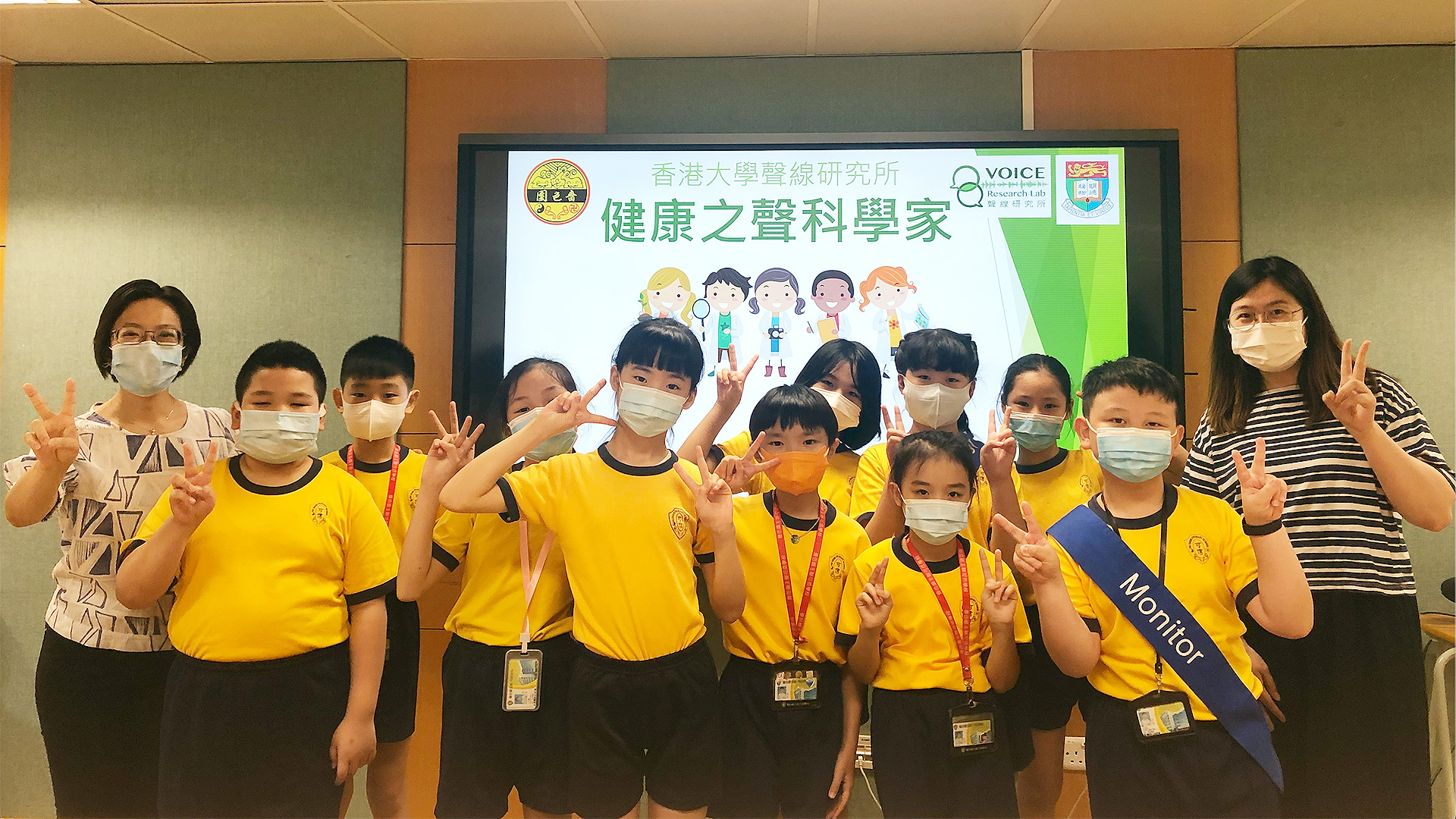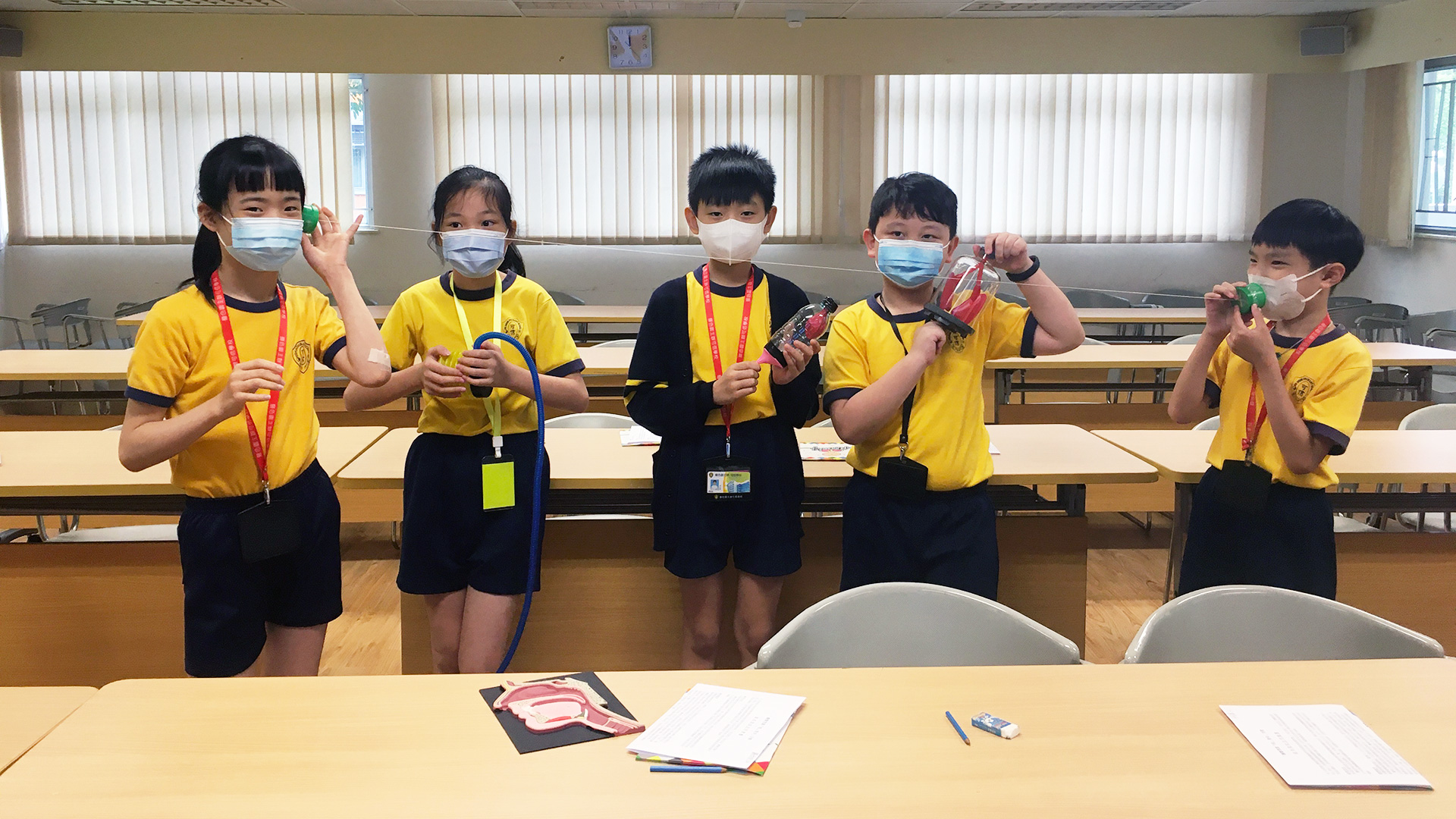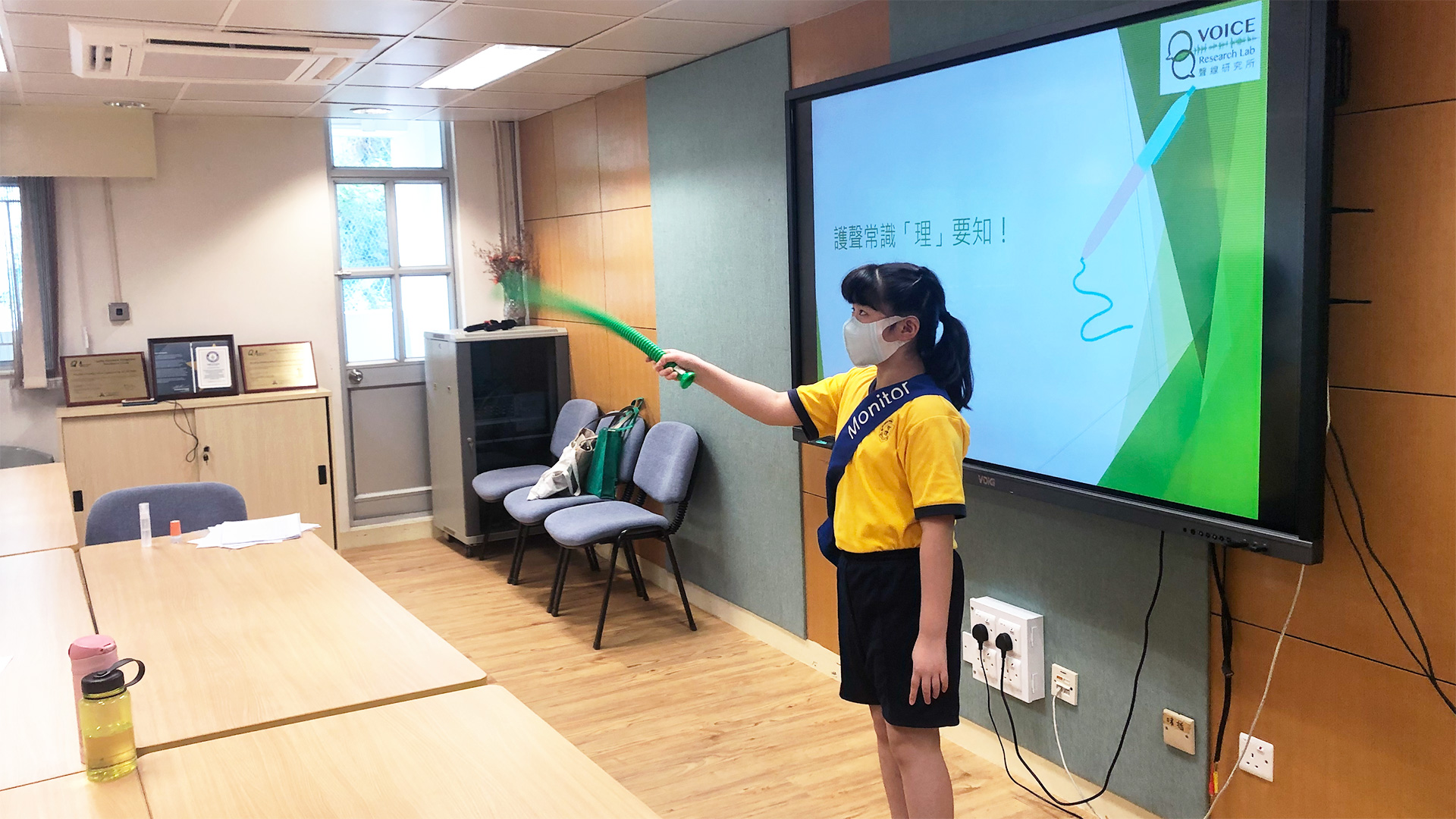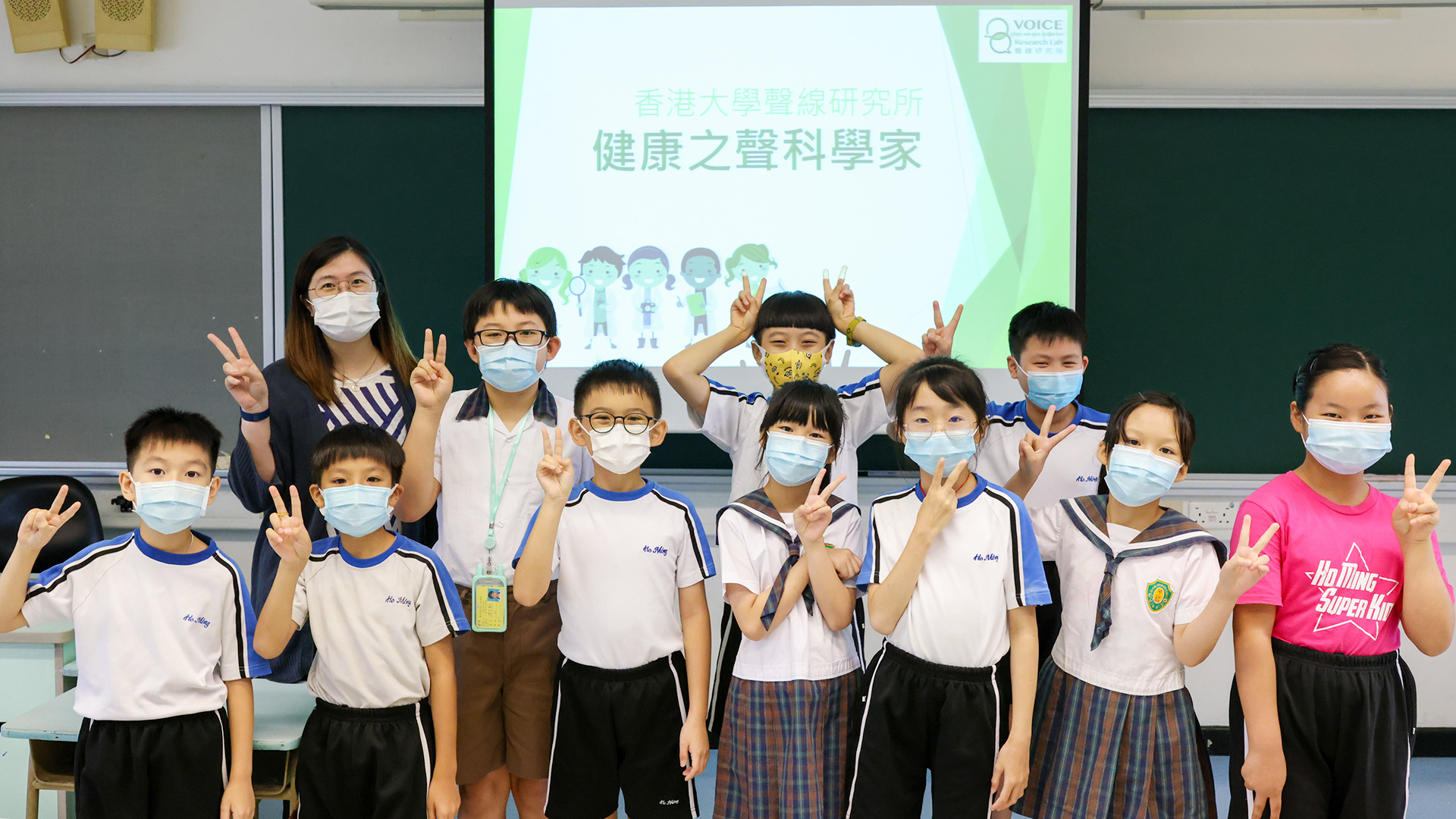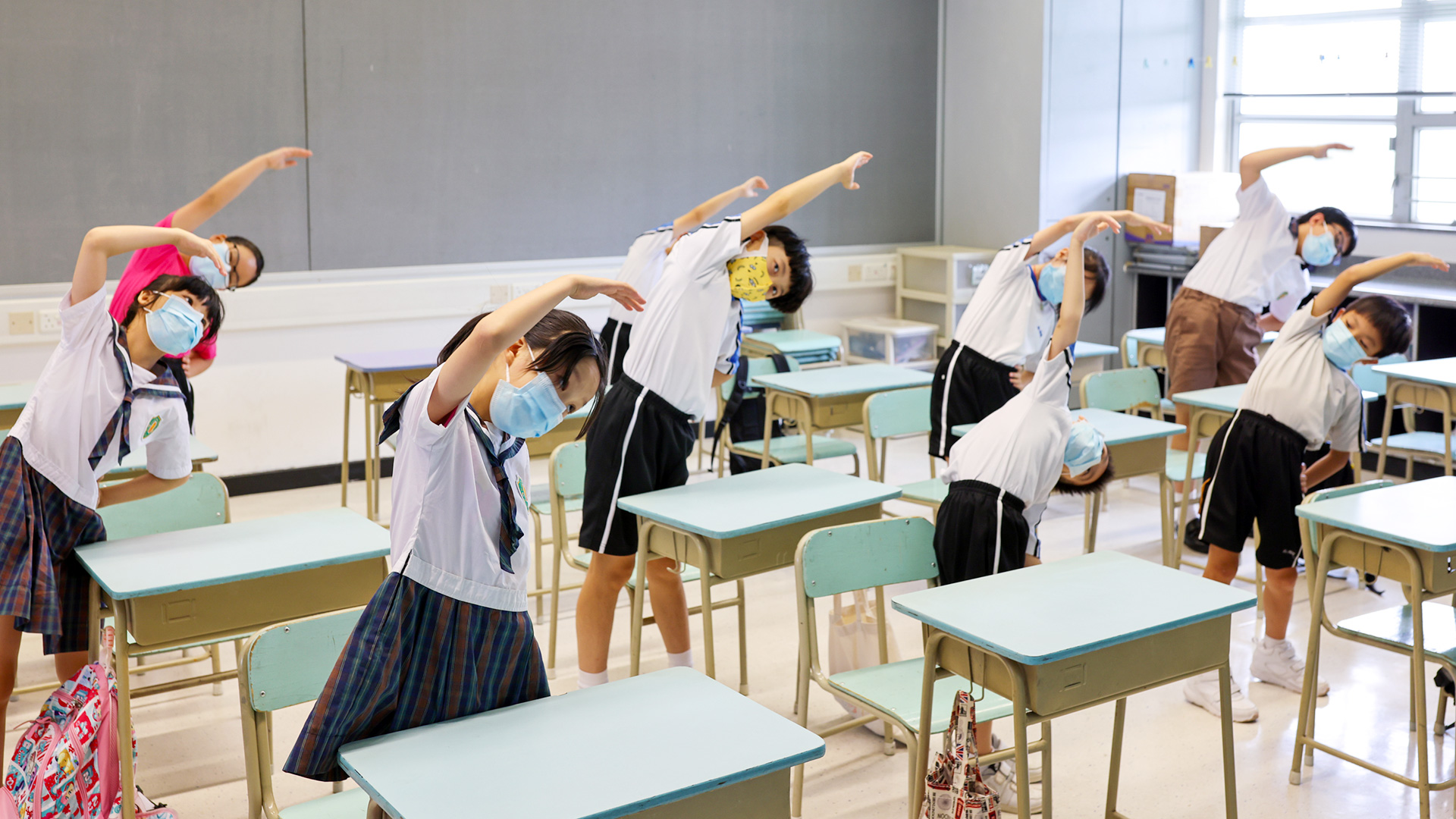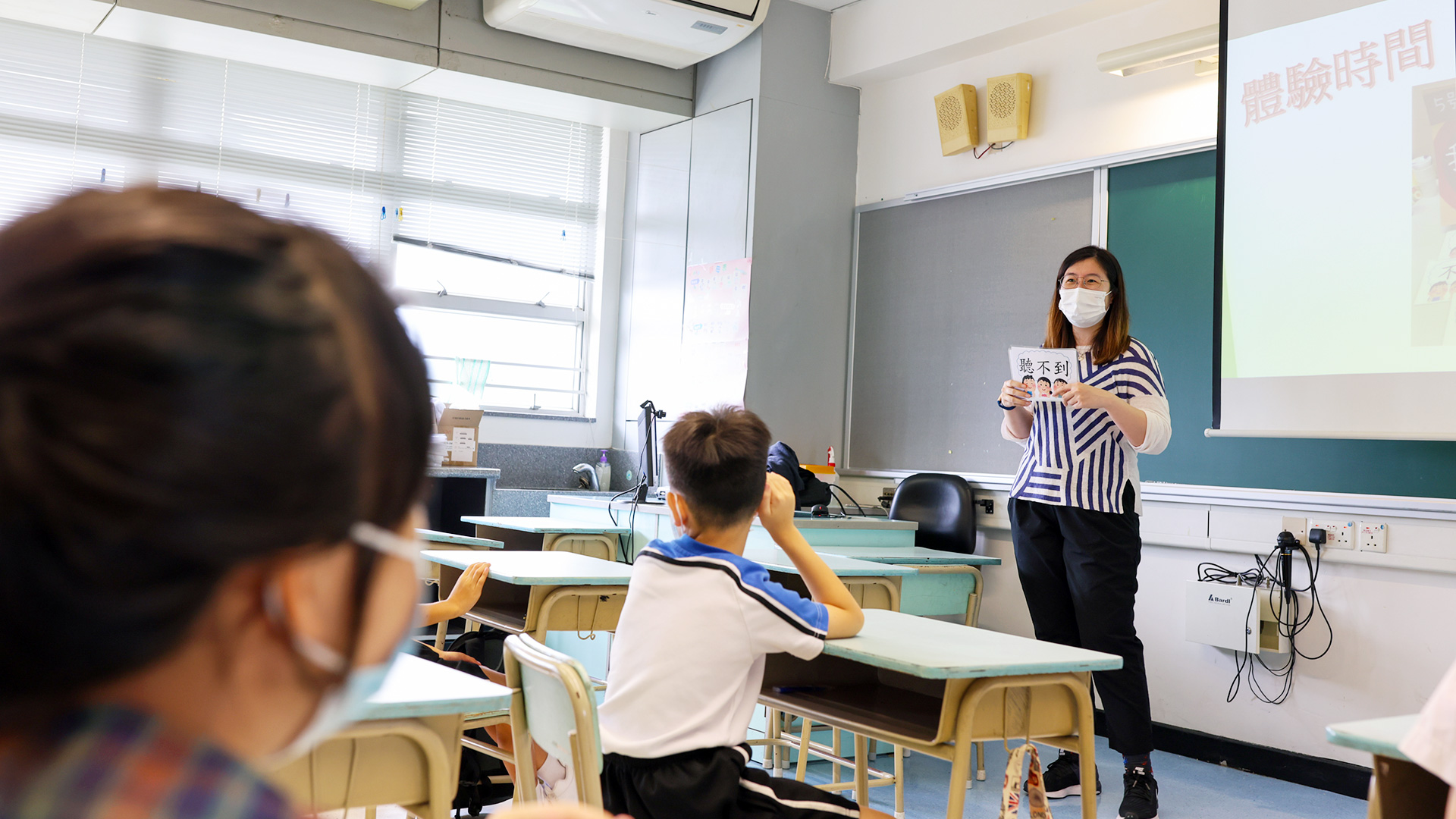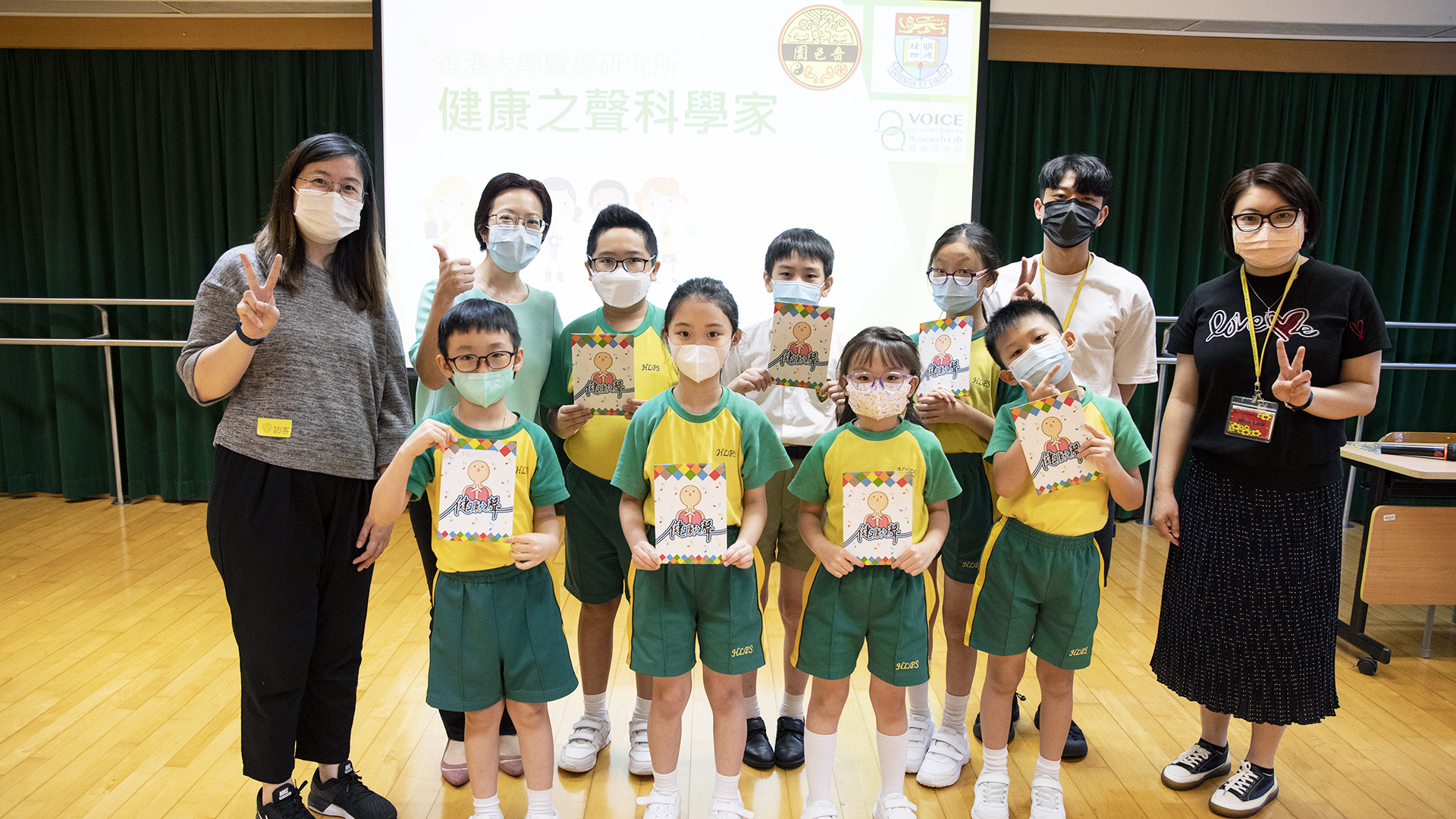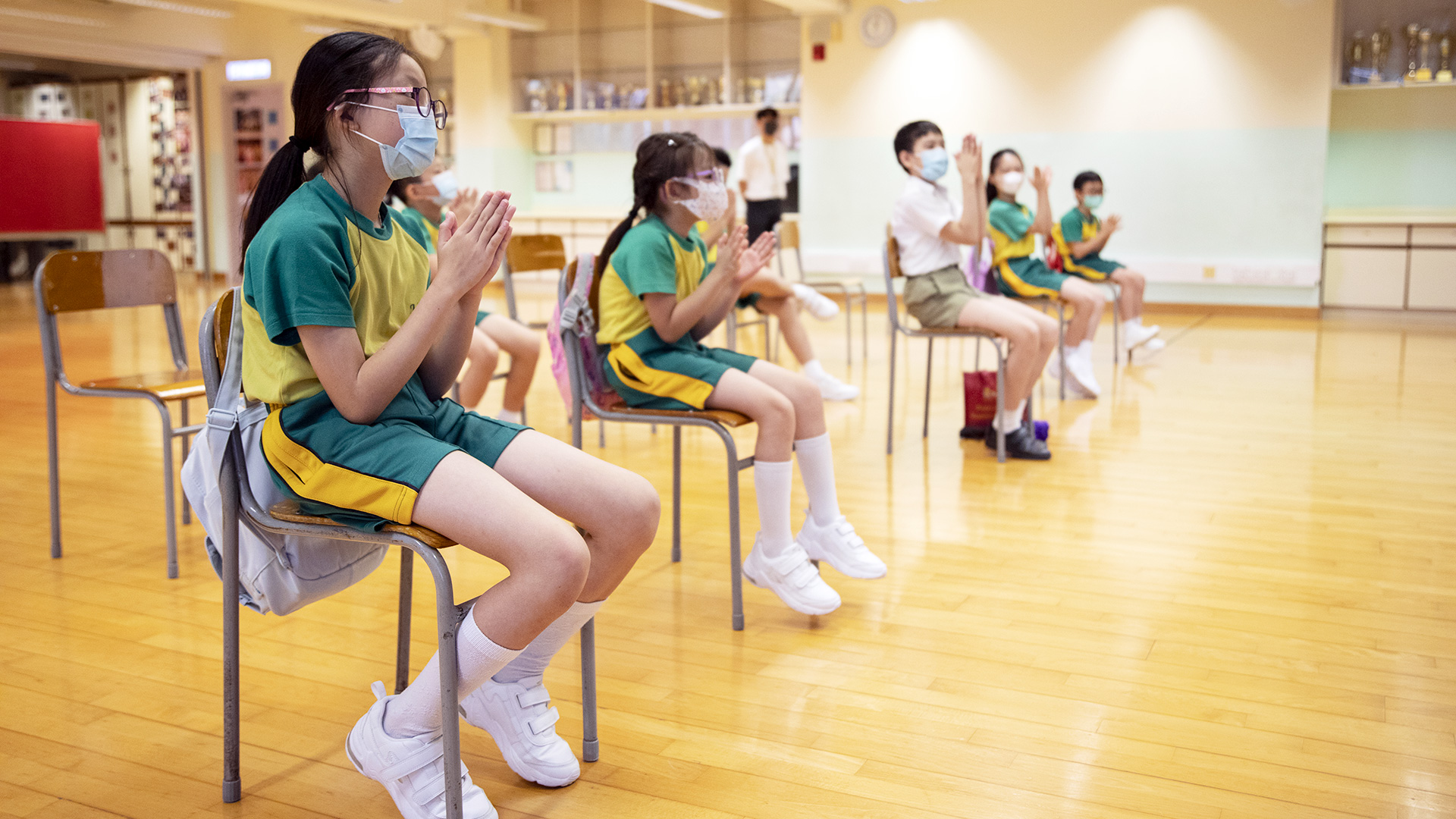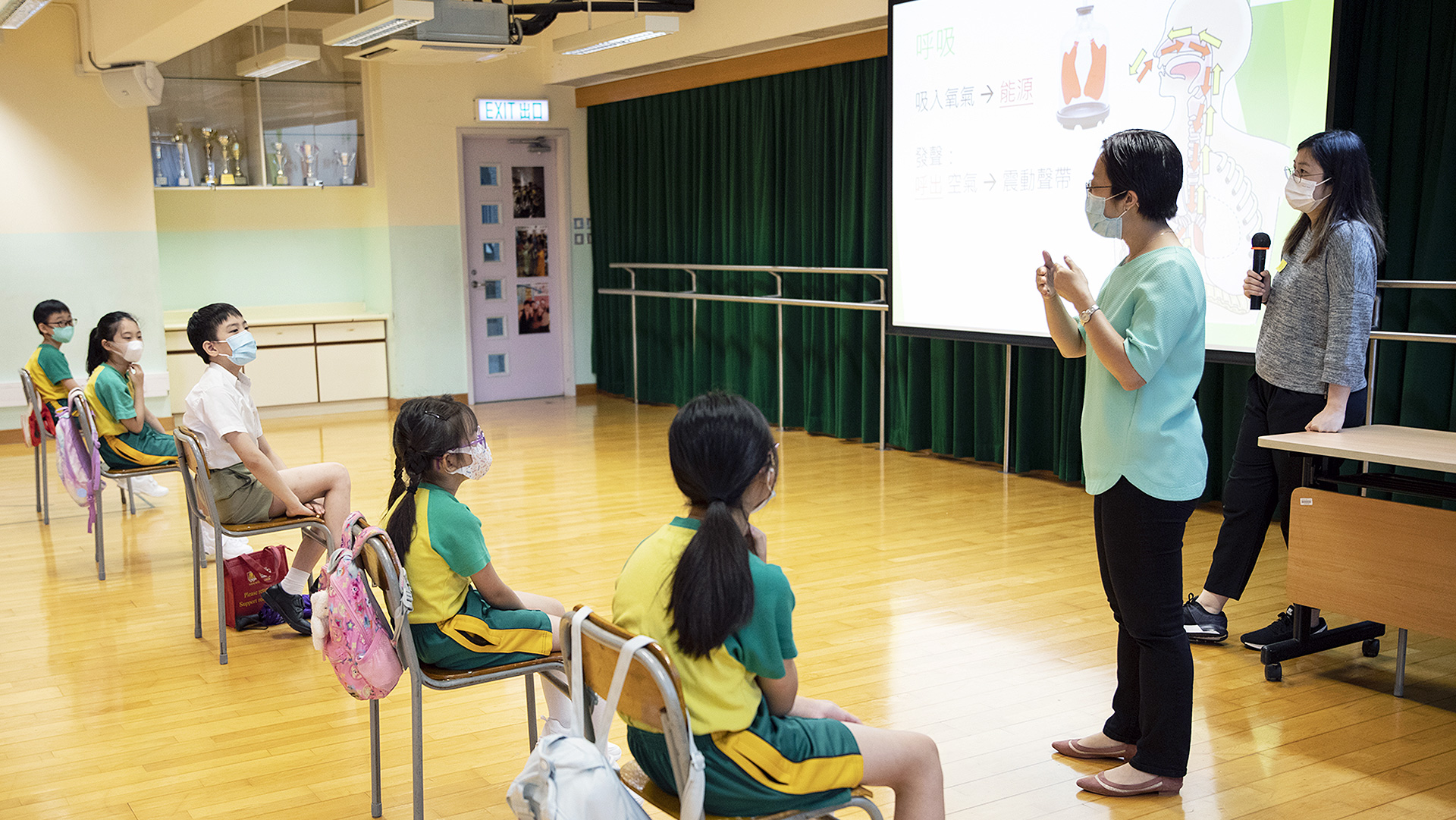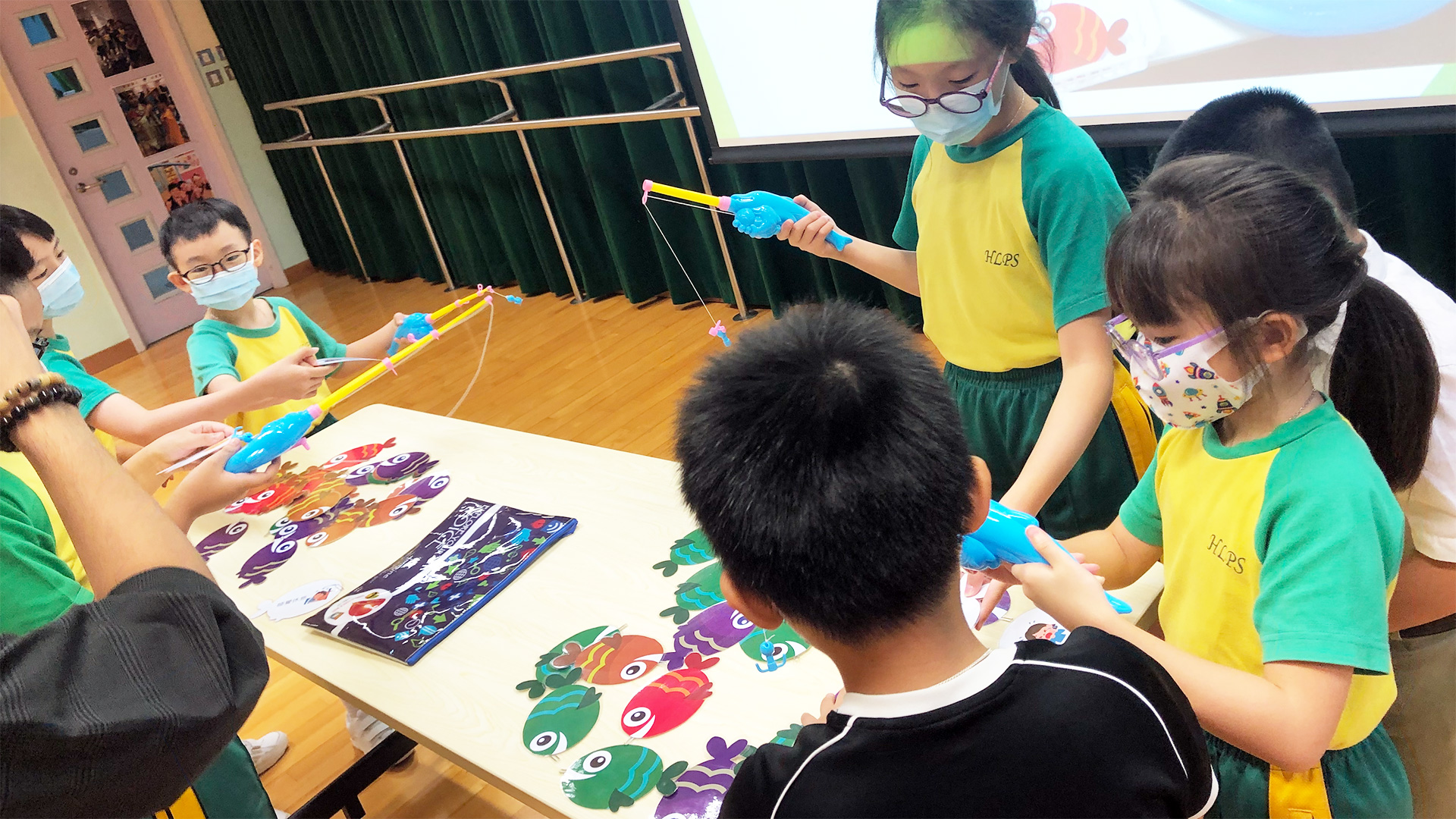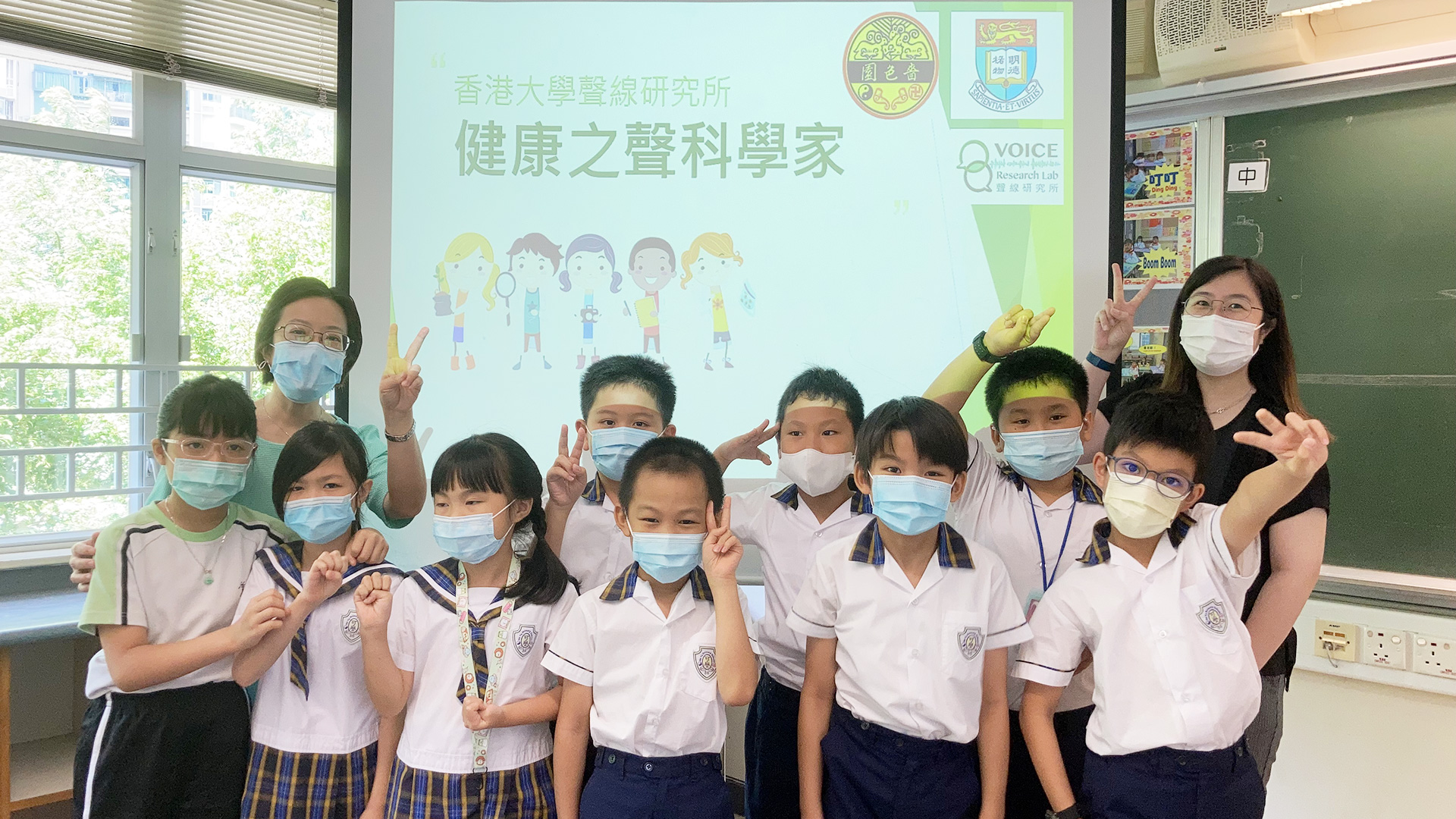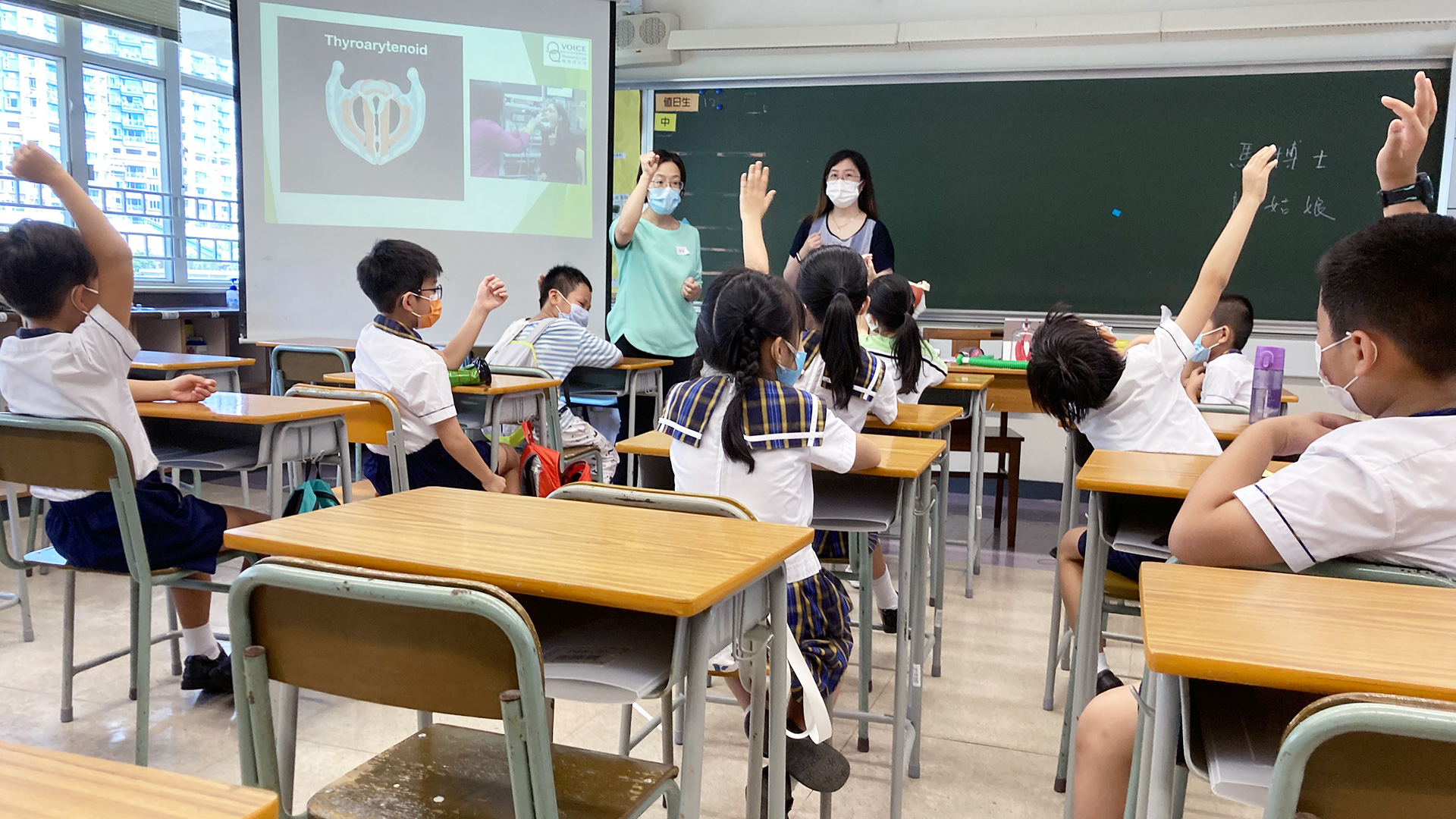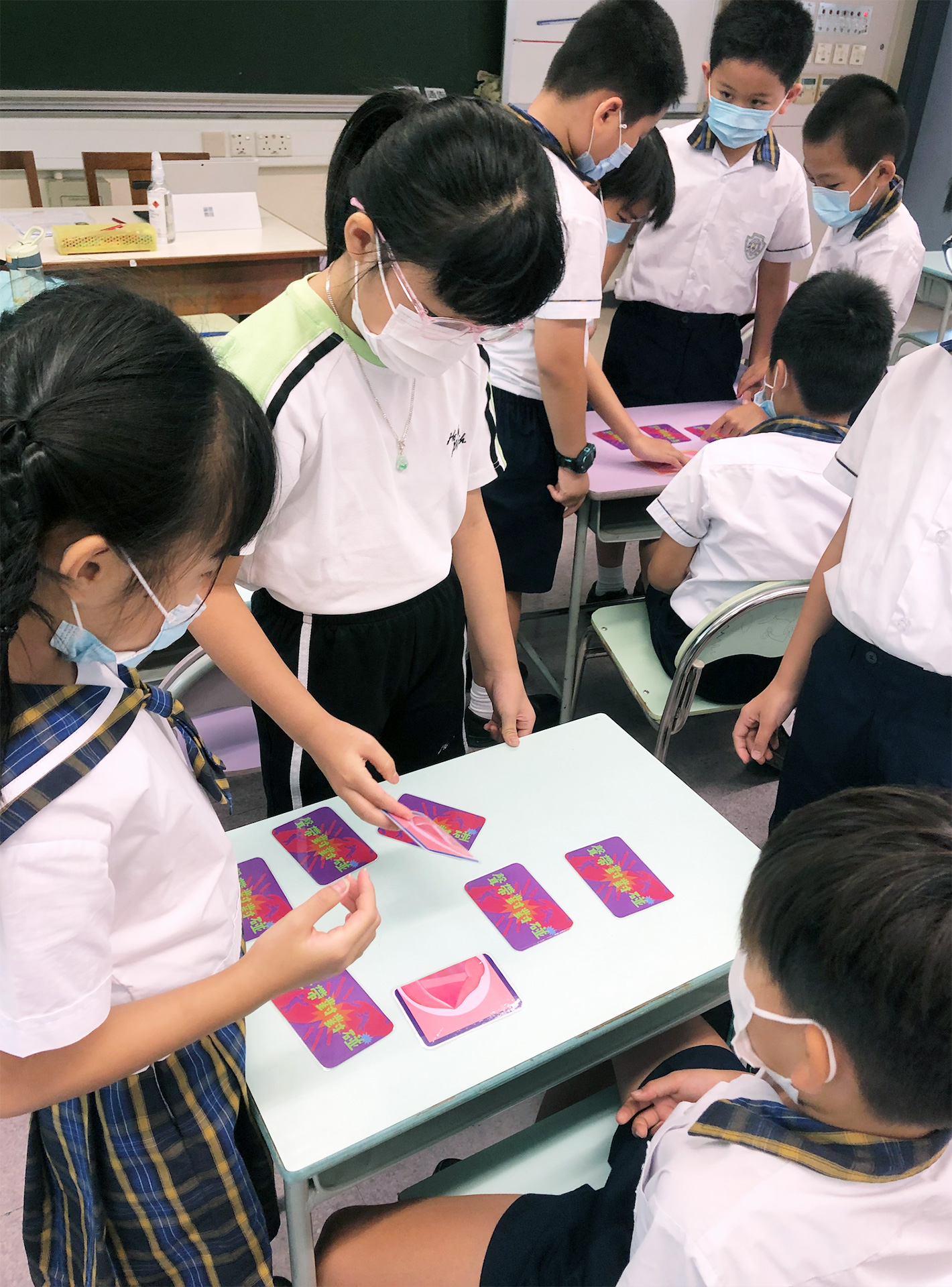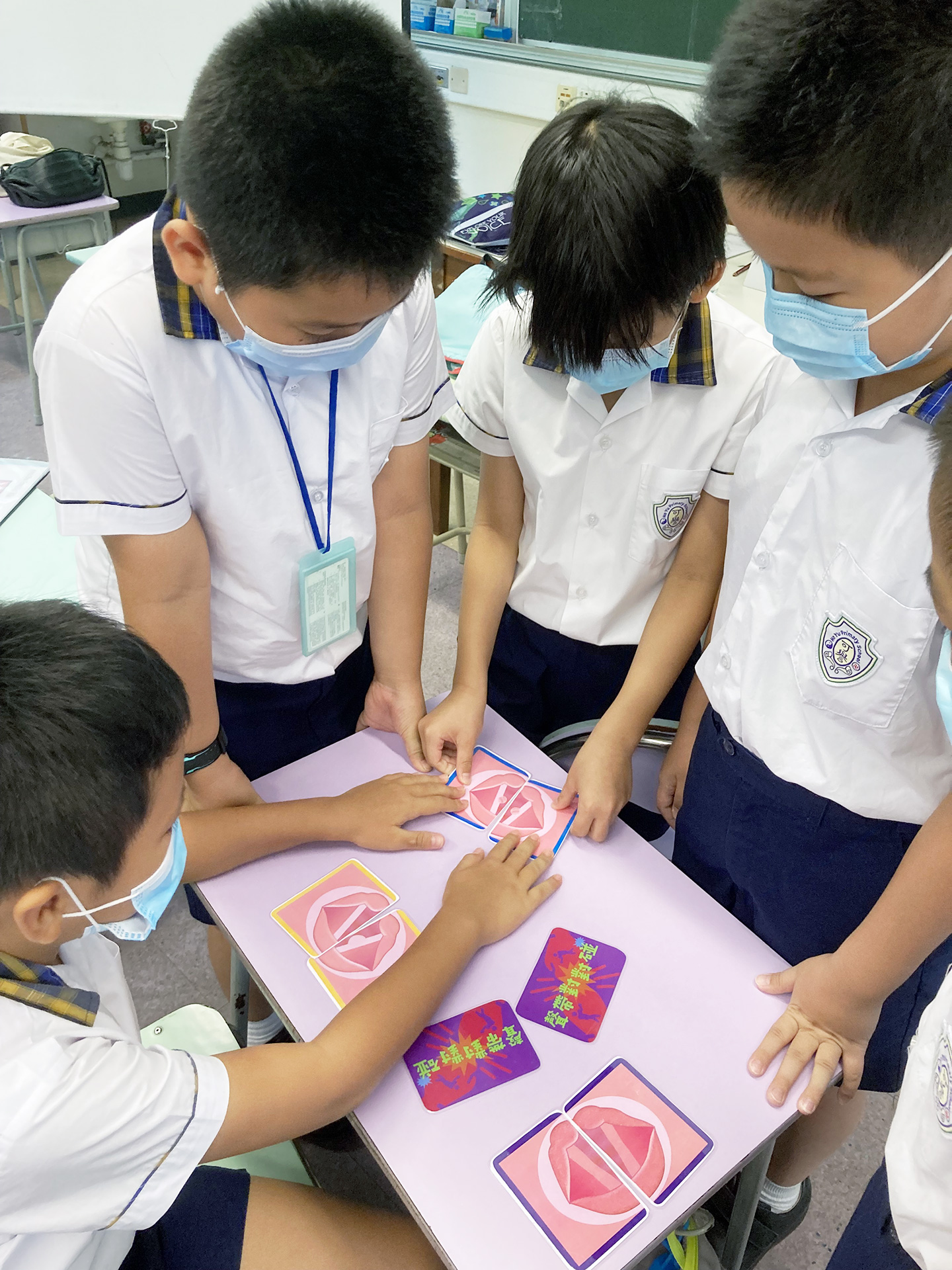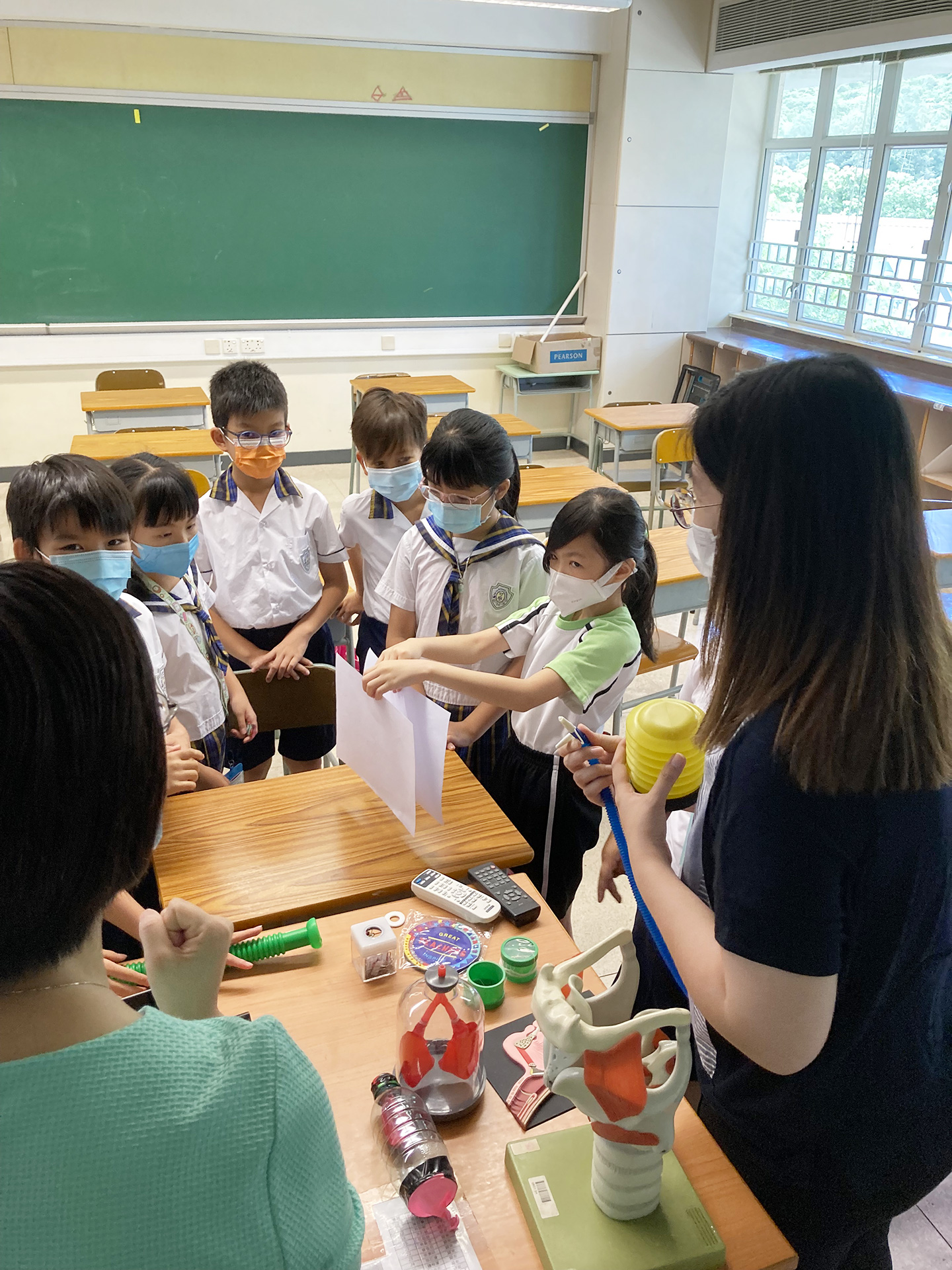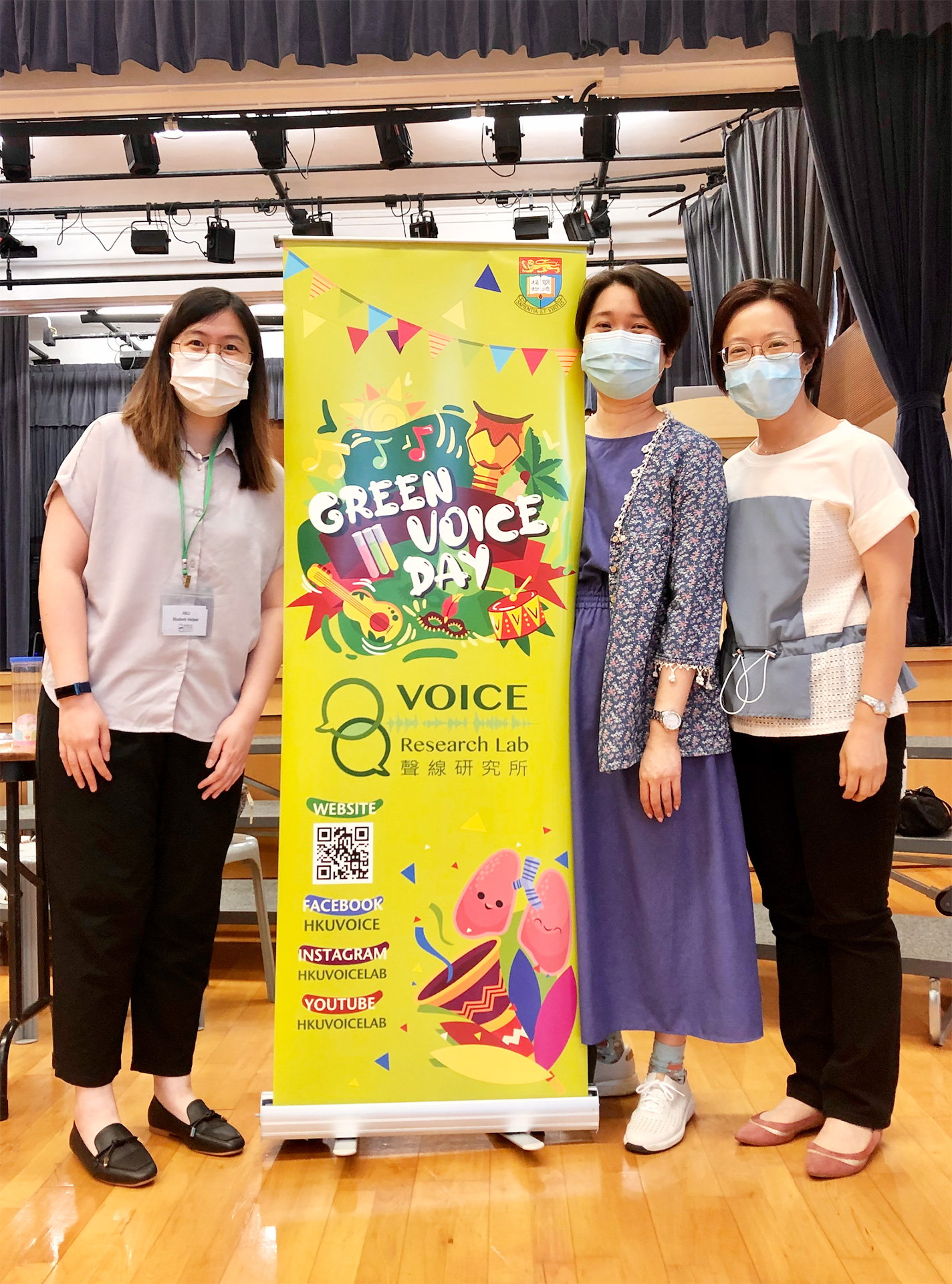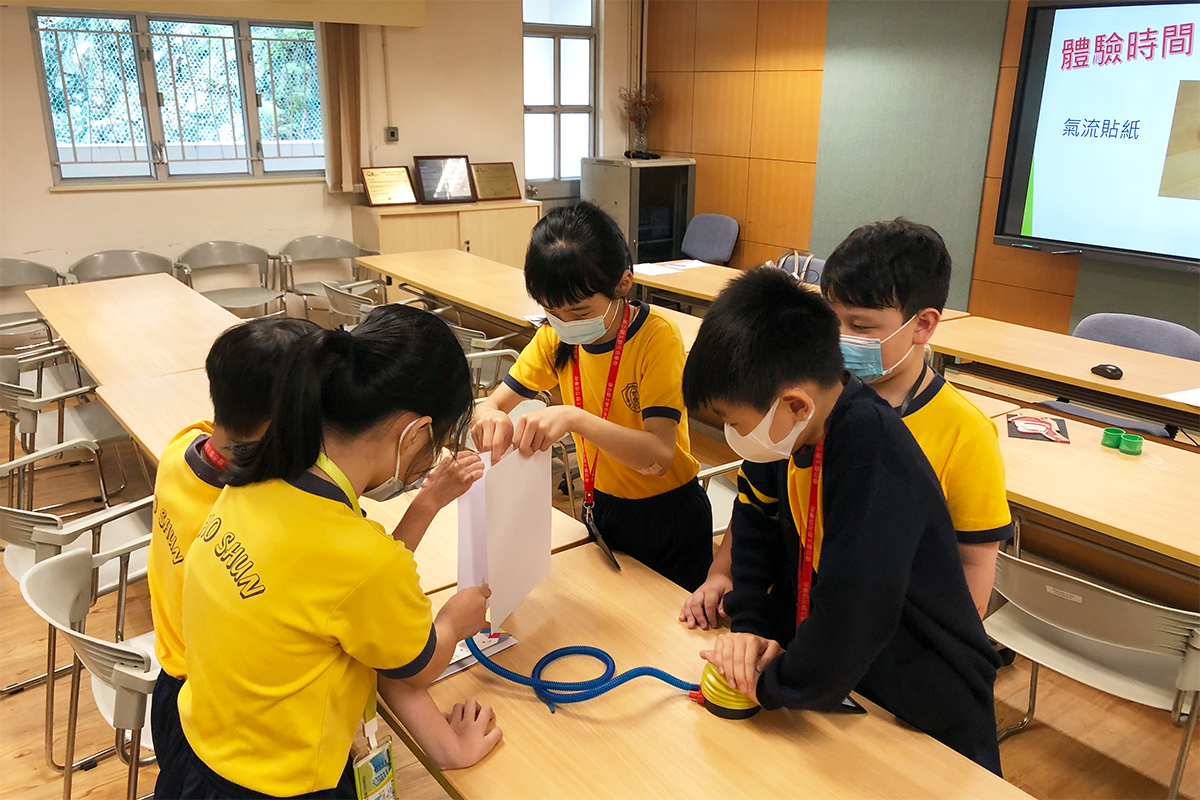
Green Voice Scientist
Sponsored by the Knowledge Exchange Fund of the University of Hong Kong
Aim
To promote voice care knowledge among primary students in Hong Kong To enable students to explore and appreciate voice care through the lens of science, technology, engineering and mathematics (STEM).
Why Students?
Voice problems are common in children. This project is developed based on the line of research on pediatric voice disorders conducted by the Voice Research Lab. According to a study on 185 primary school students (Ng, 2014), 9.6% of the participating students were identified as having chronic deviant voice qualities of at least moderate to severe level. Voice problems in children could lead to significant poorer voice qualities and negative impacts on their quality of life (Lam, 2013; Tang, 2016). Children with voice problems can receive negative and biased impressions by school teachers. They were rated less favorable in appearance and personality than healthy voice children (Ma & Yu, 2013) and lower acceptability by peers (Lee, 2014).
The majority of voice problems in children can be prevented. Voice care education is one of the preventive approaches. Data collected from the project “Green Voice Ambassador" provide encouraging evidence that voice care education is effective in promoting better voice care knowledge in primary school students (percentage of correctness increased from 65.6% pre-training to 88.5% post-training). The improvements were maintained one year post-training (86.0%). Almost all (98%) of participating students and parents expressed that they would like their school to hold the voice care program again next year. The results were published in peer-reviewed, ISI journal (Ma & Leung, 2020).
Why STEM?
Science, technology, engineering and mathematics (STEM) education has gained popularity over the last decade. At HKU Faculty of Science, colleagues have optimized benefits of STEM education by applying it in domains of Art and Music. In healthcare, voice care knowledge is closely related to concepts around STEM. The working principles of voice science and voice care habits such as ‘maintain good body hydration’ and ‘speaking with an open mouth’ can be explained by STEM concepts. Integrating STEM education into voice care education enables students to better understand "Why and how hydration reduces risk of damaging vocal folds?" and "Why and how speaking with an open mouth make voice sound clearer?".
Building on the success of our previous project, this project aims to optimize the benefits of voice care education by incorporating STEM concepts. Students’ voice-related health literacy would also be enhanced.
Project Activities
During the summer of 2021:
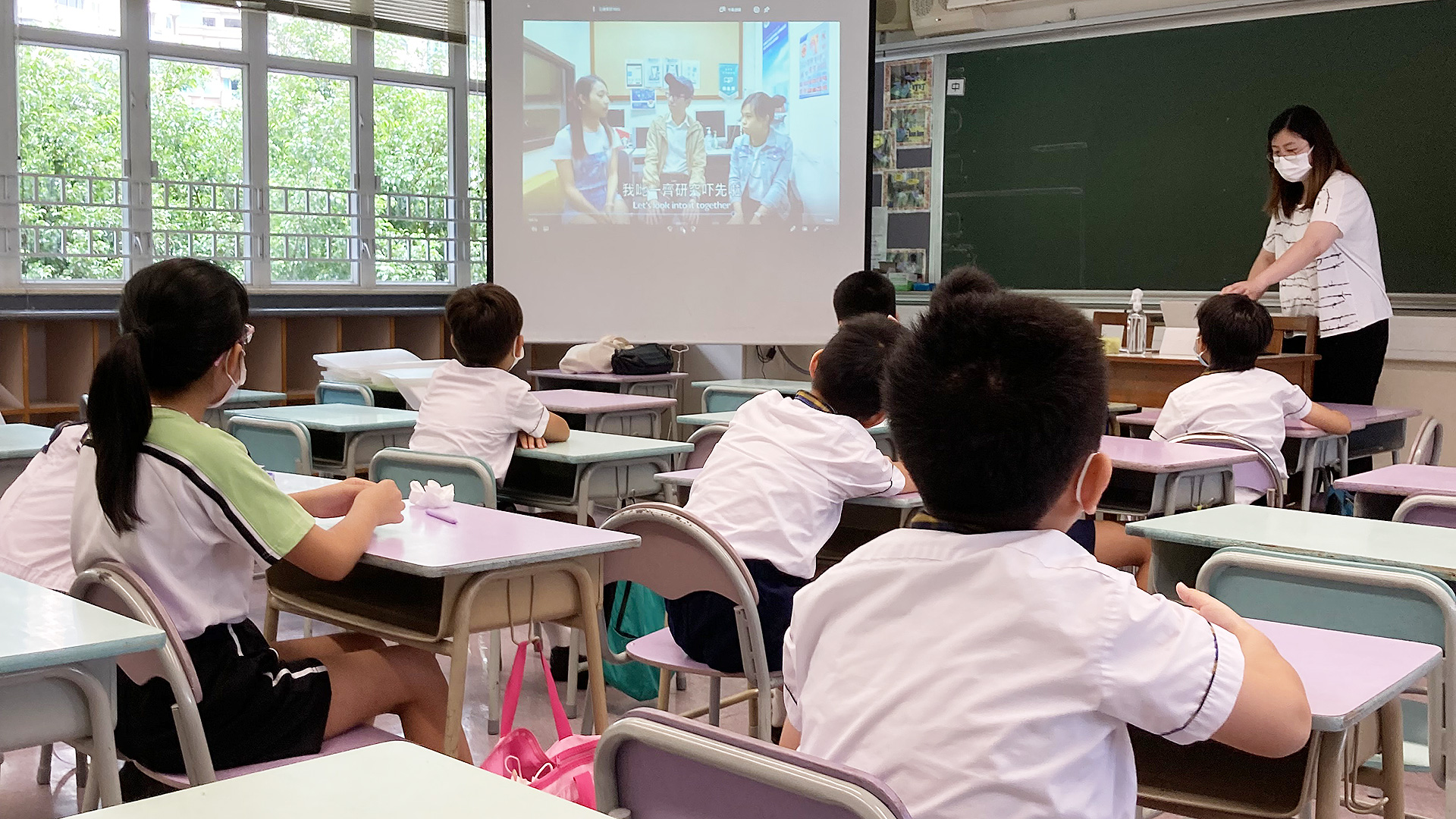
40 primary school students were nominated from 4 schools sponsored by Sik Sik Yuen to be the Green Voice Scientist. 6 sessions of weekly training workshops for Scientist on vocal hygiene and healthy voice use by speech therapist. The concepts of vocal hygiene were explained by science, technology, engineering, and mathematics (STEM) concepts. The STEM videos were also shown during the workshops to enhance the students’ understanding of voice science. Examples of topics include (but not limit to):
- Why screaming and yelling can hurt our vocal folds?
- Why maintaining good level of hydration is good for our voice?
- Would wearing a facemask affect our voice projection?
- How do laryngeal pathologies affect our voice quality?
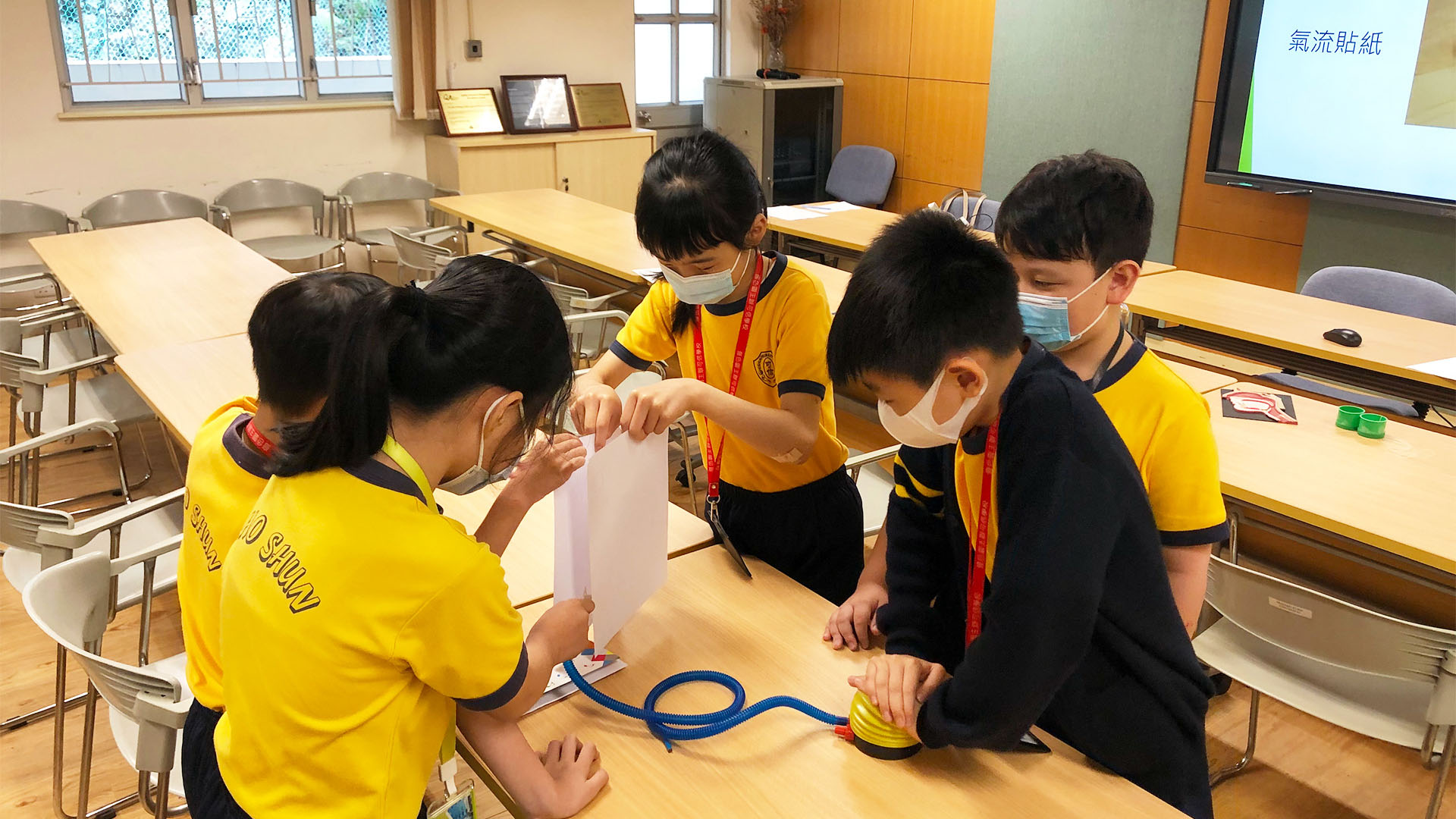
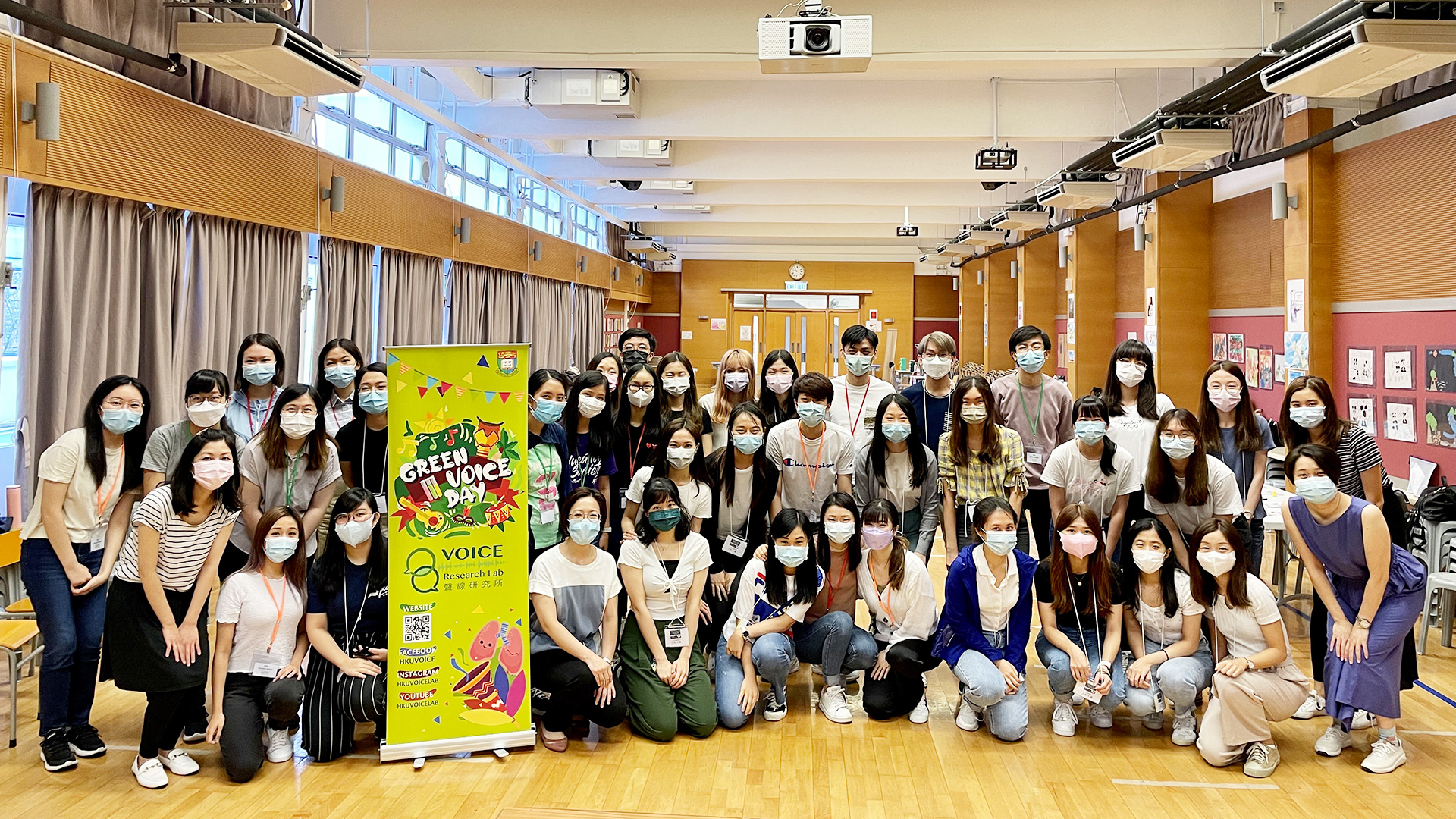
Reference
Lee, T. K.-Y. (2014). Peer acceptance and teacher preference towards children with voice problems. [Unpublished thesis of Master of Philosophy, The University of Hong Kong]. The HKU Scholars Hub. https://hub.hku.hk/handle/10722/202376.
Lu, D., Yiu, E. M.-L., Pu, D., Yang, H. & Ma, E. P.-M. (2019). Parental knowledge, attitudes and practices about vocal hygiene for their children in Chengdu, a city from China. Medicine, 98(16), e15252.
Ma, E. P. M., & Leung, H. K. H. (2021). One-year follow-up of a vocal hygiene program for school-age children. Folia Phoniatrica et Logopaedica, 73(1), 1-6.
Ma, E. P.-M., & Mo, M. L.-N. (2010). Parent’s perspective of voice care knowledge, attitude and practice: A Hong Kong perspective [Paper presentation]. The 28th World Congress of the International Association of Logopedics and Phoniatrics (IALP), Athens, Greece.
Ng, B. S.-P. (2014). Prevalence of repeated dysphonia among school-age children in Hong Kong. [Unpublished dissertation of Bachelor of Science, the University of Hong Kong]. The HKU Scholars Hub. http://hub.hku.hk/handle/10722/238925.


